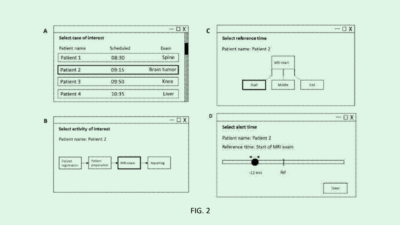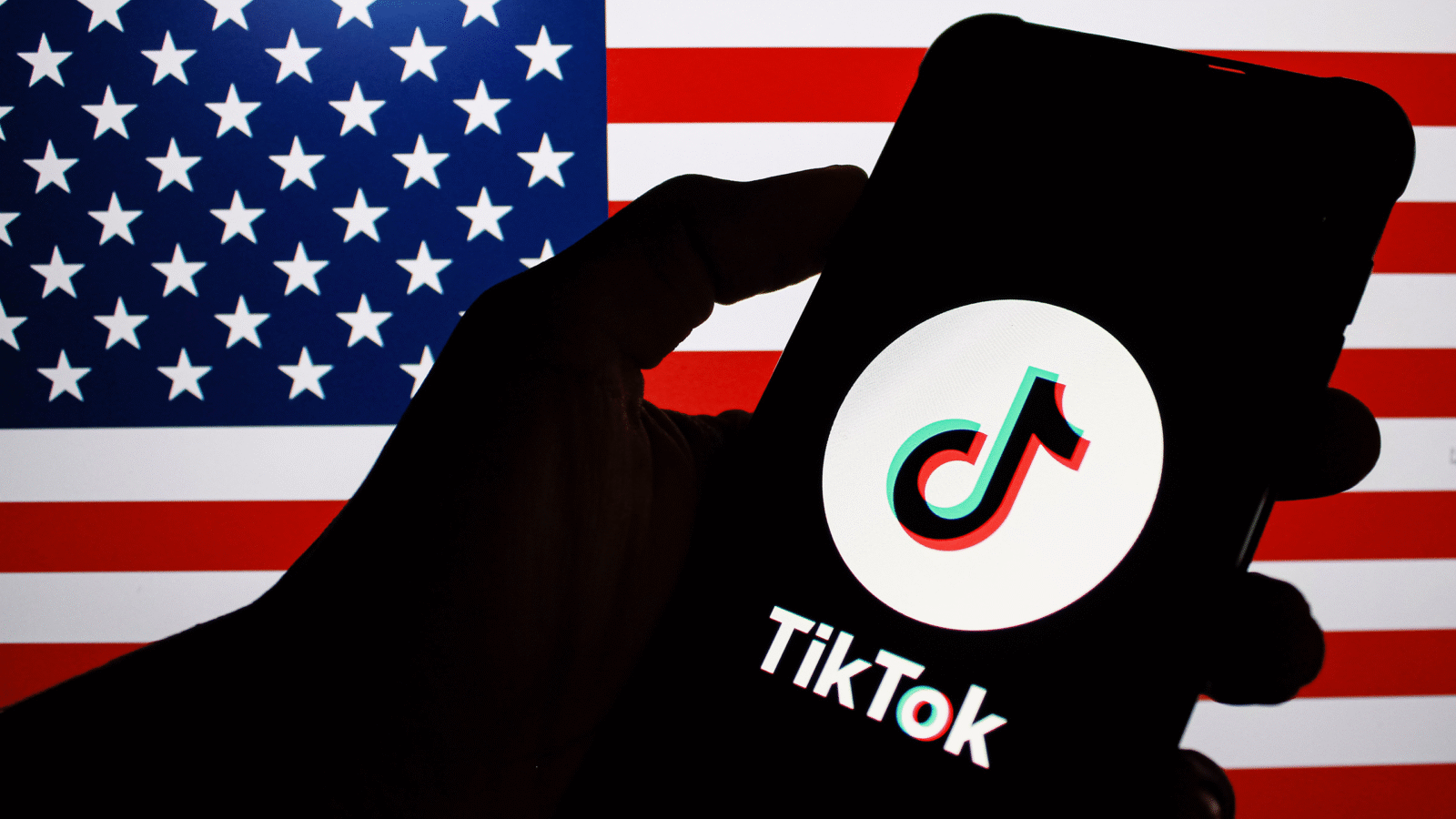
Sign up for smart news, insights, and analysis on the biggest financial stories of the day.
The “short-term headwinds” Amazon CEO Andy Jassy has expressed concerns about are blowing harder.
PDD Holdings, the company behind the discount shopping app Pinduoduo, has moved its headquarters from Shanghai to Dublin, signaling a major push into international e-commerce. Simultaneously the online commerce wing of Alibaba is mulling a US IPO, sources told Bloomberg. Perhaps SoftBank’s public listing of chipmaker Arm just gave them a bad case of IPO FOMO.
The Irish Entrance
Pinduoduo is one of the biggest e-commerce operations in China, a market that has long been able to subsist largely off itself. But China’s economy is no longer the unstoppable growth juggernaut it used to be. So, inspired by the huge success that discount online fashion retailer Shein has found overseas, PDD Holdings launched a new international shopping app called Temu in 2022. According to market research firm YipitData, there was $387 million traded on Temu’s platform in March alone.
Having germinated in the US, Temu arrived in several European markets last month, and will now solidify that presence with its new Dublin HQ. Ireland has long been the preferred EU base for US tech companies, due to its extremely inviting corporate tax structure. PDD Holdings setting up camp lets the company pursue its international ambitions, and brings a few other advantages:
- A European HQ gives PDD Holdings a modicum of geopolitical cover as US-China relations steadily deteriorate.
- Settling in Dublin may also allow PDD Holdings to list Temu separately from its core business overseas, Shanghai-based attorney Eugene Weng told the Financial Times.
Temu’s success may well hinge on just how far it can distance itself from Pinduoduo, which was suspended from the Google Play Store in March. Google said it had booted the app after finding malware on some versions of the app outside of the Play Store itself. For China-based tech companies, even a soupçon of suspicious code is a big political problem, just ask Huawei or TikTok.
Who Needs Forty Thieves When You Have IPOs: Alibaba, a goliath of Chinese e-commerce, hexsected itself (no, that’s not a real word but what the heck, it’s Friday) in March, dividing into six privately-run entities. The e-commerce entity that spun out as a result of that split is the one reportedly considering a US IPO as a way of tapping into international funds. But even if Softbank’s Arm does go public, which is by no means certain, that still may not be enough to defrost an ice-cold IPO market.











